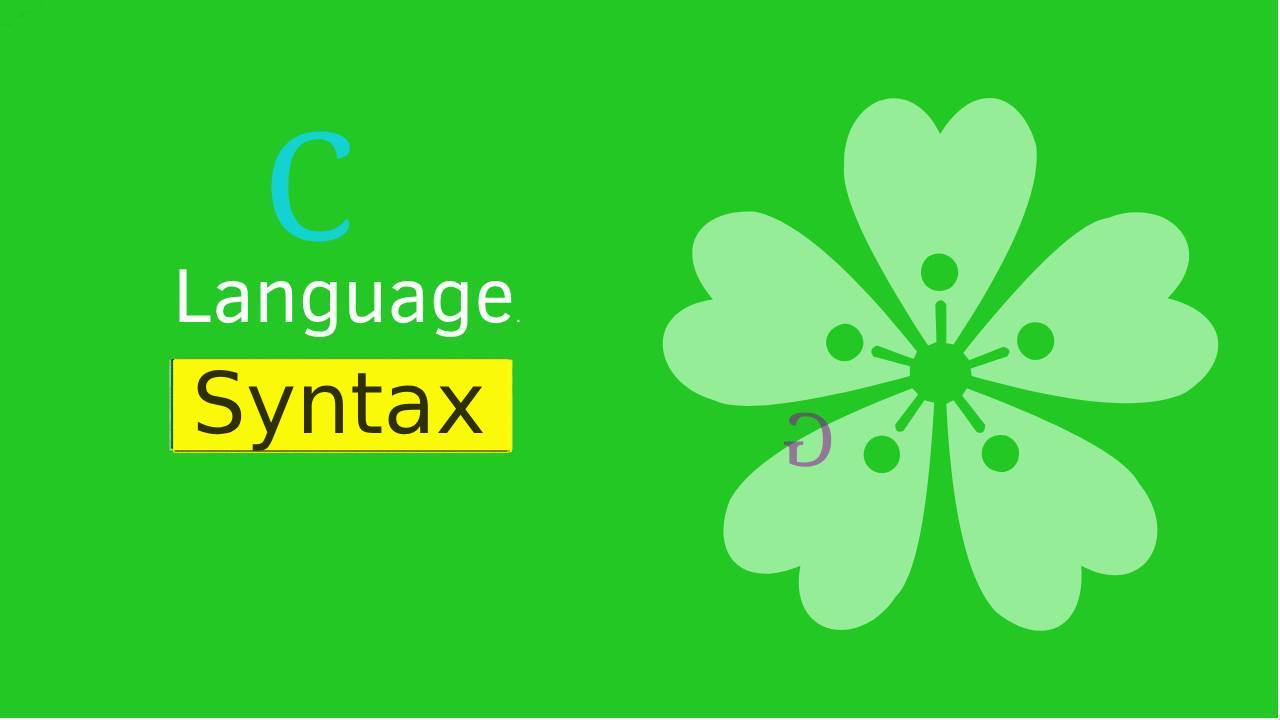Introduction to C Language Syntax
C is a general-purpose programming language that has been around since the 1970s. It is known for its efficiency and control, and it’s the basis for many modern programming languages.

Basic Structure of a C Program
A C program typically includes the following components:
- Preprocessor Commands: These are directives for the C preprocessor. They usually start with a
#symbol, such as#include <stdio.h>. - Functions: A function is a group of statements that perform a specific task. Every C program has at least one function, which is
main(). The execution of a C programming language syntax starts from themain()function. - Variables: Variables are used to store data. In C, every variable has a specific type, such as
int,char, orfloat. - Statements & Expressions: Statements represent actions or commands. Expressions are combinations of variables, constants and operators written according to the syntax of the language.
- Comments: Comments are used to explain sections of code. In C, comments can be single-line (
//) or multi-line (/*...*/).
Here’s an example of a simple C program:
#include <stdio.h>
int main() {
// printf() displays the string inside quotation
printf("Hello, World!");
return 0;
}
Data Types in C
C supports several different types of data, each of which has unique properties. These include:
- Integer Types: These include
char,int, andshort. - Floating-Point Types: These include
floatanddouble. - Void Type: The
voidtype represents the absence of value.
Control Structures in C
Control structures dictate the flow of control in a program. These include:
- Sequential Structures: Code is executed sequentially by default.
- Selection Structures: These include
if,if...else, andswitchstatements. - Loop Structures: These include
for,while, anddo...whileloops.
Conclusion
Understanding the syntax of C is crucial for mastering the language. With its clear structure and powerful capabilities, C continues to be a popular choice for programmers around the world.